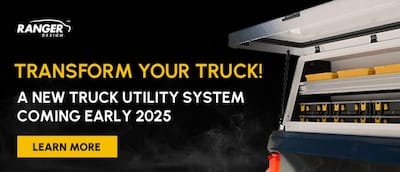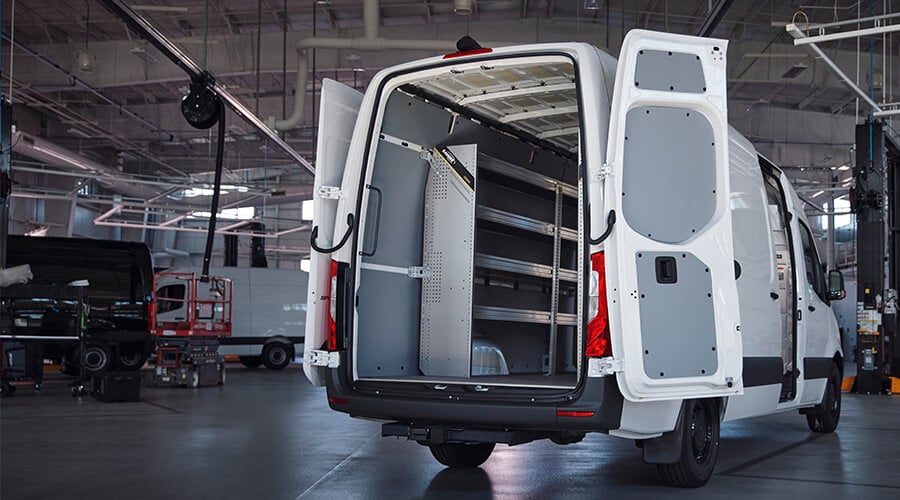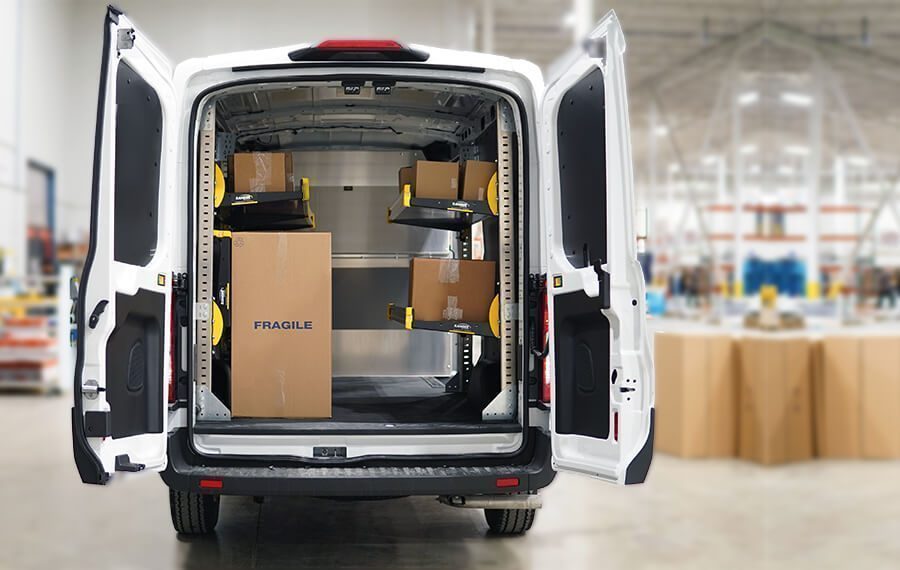
As a Fleet Manager, you’ve been holding tight for several years now while navigating your team through tough times caused by an endless host of factors. Of special note, high inflation has had a profound effect on business the world over. Good news, while it’s not over yet, we seem to be coming up to a light at the end of the tunnel.
Peaking at its highest level since the 80s, high inflation hit many industries especially hard between 2020 and 2022 – in particular, the energy and auto industries. The combination of high demand and supply chain shortages created the perfect environment for inflation rates to soar.
While 2023 marks the start of a predicted 4-year period of price surge levelling out, vehicle shortages continue to be an issue resulting in a lack of OEM incentives and high-priced vehicles. High inflation and supply chain shortages are beyond our control, so what can Fleet Managers do to counterbalance these challenges?
Try these 3 tips:
- Consider EV Adoption
With the high price of fuel and supply chain shortages it may be a good time to begin looking into EV adoption. EVs typically have lower operating and maintenance costs compared to gasoline vehicles. You can offset the upfront cost of going electric by taking advantage of government programs which offer rebates and tax credits. Both the US and Canada have federal and state/provincial programs for purchasing vehicles and supporting charging infrastructure.
- Review your Suppliers
More than ever the importance to ensure you are receiving the best value from your suppliers. Things to review include:
- Quality: Ensure that the supplier provides products/services of high quality that meet your needs and requirements.
- Price: Fair and competitive pricing
- Reliability: Supplier that has a history of delivering on time and as promised.
- Communication: Responsive and easy to work with.
- Reputation: Research the supplier’s reputation in the market and read reviews from their past customers.
- Flexibility: Consider a supplier that is flexible and willing to accommodate your unique needs and requirements.
- Financial stability: Ensure that the supplier is financially stable and able to fulfill their obligations to you long term.
By considering these factors, you can choose suppliers that will help your business succeed.
- Develop a Contingency Plan
Supply chain shortages can disrupt operations and create significant challenges for fleet managers. To mitigate the impact of supply chain disruptions, develop contingency plans that outline alternative sources of supply and alternative routes. Additionally, consider developing partnerships with multiple suppliers to ensure a reliable and consistent supply chain.
Better days are on the horizon, and it will soon become easier for you to help your fleet run efficiently and safely while managing costs. In the meantime, we hope these tips will help you survive and even thrive during challenging periods.
For all your fleet upfitting needs reach out to our Fleet Upfit Solutions experts





